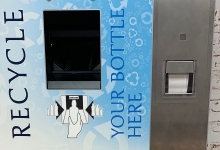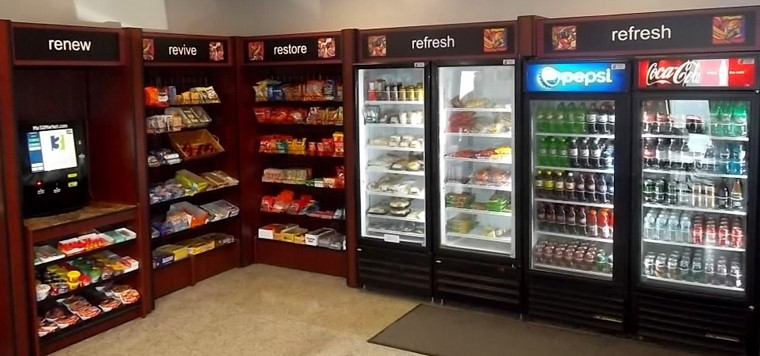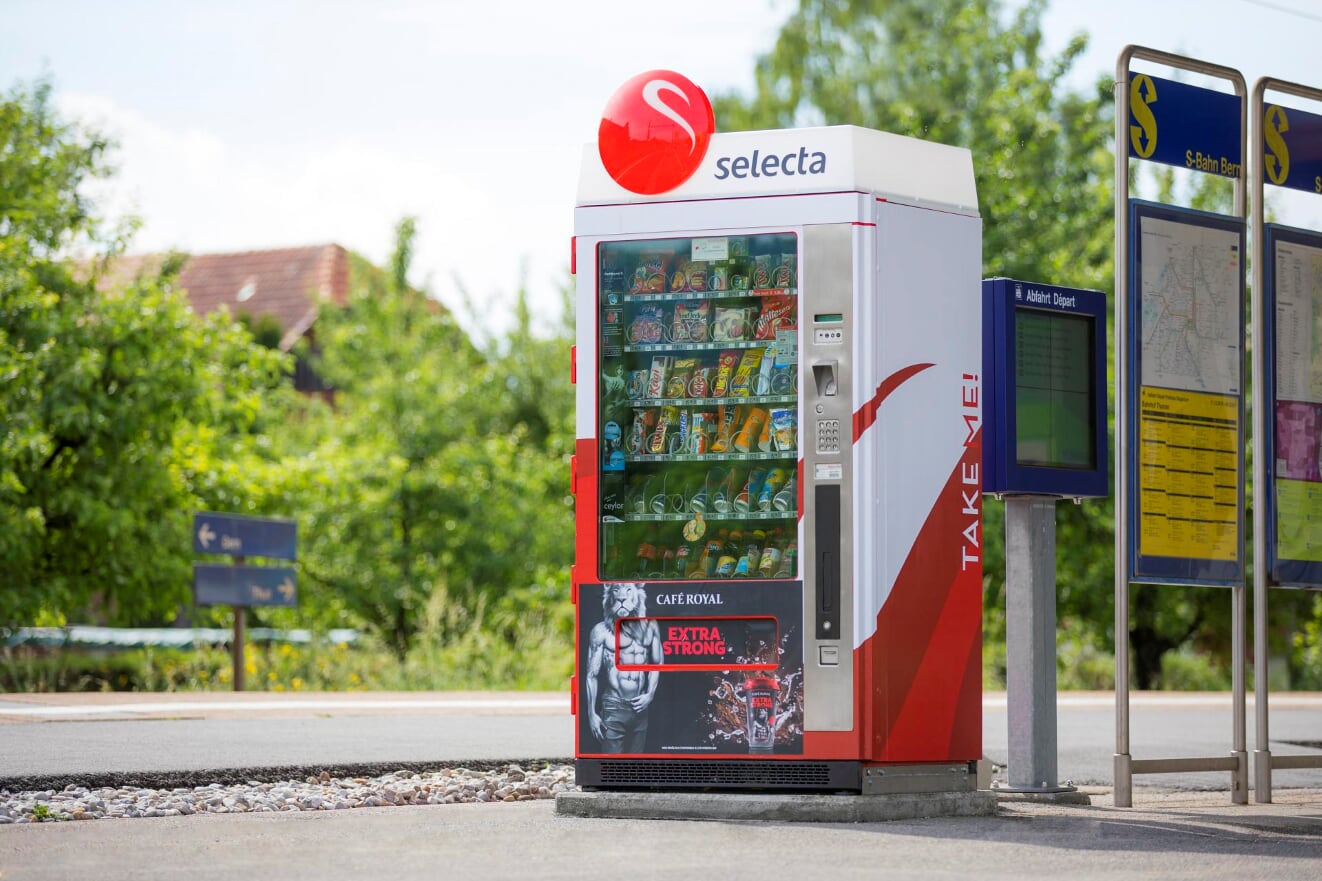Just a few years ago, the idea of being able to pay in-store without ever speaking to a retail assistant seemed far-fetched. These days, this is the reality in large chain stores, and is becoming increasingly common across the retail landscape. Unattended retail no longer just refers to being able to buy some snacks at the vending machine in a local leisure centre. Now, the vending landscape is considerably more technologically advanced, with the expansion into self-service checkout and interactive machines, and is making way for the rise of Artificial Intelligence (AI) and the internet of things (IoT). Over the next 5 years, unattended retail is anticipated to be a £10b industry.
Not only this but the very nature of payments is becoming quicker and more convenient all the time. Contactless payments are on the rise and the inevitable uptake of a cashless society means cashless payment options are no longer a ‘nice to have’, but a requirement in both low and high value retail environments. This growth has been consistent over the past decade or so, increasing from 10,000 card accepting machines in 2007, to over 1.3 million devices today.
Just as online payments have become increasingly seamless with one click payments and same day delivery now widely available, in-store payments are following suit and leading supermarkets are paving the way. They were the first major retailers to install self-service checkout machines for customers with smaller baskets who wanted to avoid the queues. And after a few initial hiccups and the occasional angry customer shouting “but it is in the bagging area!”, they became the norm for shoppers. Crucially, self-service checkouts provide customers with an easy in-store payment option that means they never have to wait for a cashier to become available.

It’s not just a time saving exercise for shoppers, however. Hungry diners can now customise their own meals at McDonald’s via their interactive touchscreen menu and checkout service, while football fans have had their shopping experience amplified with the launch of Digital Locker. FC Barcelona was one of the earliest adopters of this pioneering technology, enabling their customers to select and personalise their merchandise, and check out securely.
And the benefits of unattended payment options aren’t just reserved for consumers. In fact, the installation of contactless machines and grab and go options has seen huge benefits for retailers, increasing revenue by 25% on average in the short term. As well as this, cashless, contactless machines are operationally much more efficient as they eradicate the need for retail assistants to collect and count cash, easing logistical and other management issues. According to Visa, their clients are generating 20-25% sales revenue growth, and a 32% increase in purchase amount, thanks to the increase in cashless payment options.
Now, technological advancements mean that vending machines enable real time reporting, sparing retail assistants the need to keep an eye on stock levels, and feeding information directly into the merchant’s e-portal.
As vending has evolved and become an increasingly common method of payment, consumers’ attitudes are changing, creating demand for a more widespread adoption of unattended payment methods. In a cashless society without the need for retail assistants, customers will never be left unable to buy the item they want as a result of being 10p short, thereby reducing the rate of abandoned shopping carts. And so vending is an extremely popular option for both merchants who want reduce basket abandonment, and consumers who want ease and simplicity.
It’s clear that consumer demand for convenience is changing the face of payments as we know it. As a result, we are on the cusp of a frictionless payments ecosystem in which the retailers who fall behind are likely to lose out to those who embrace the future. To appeal to customers, merchants need to provide the options they want, whether that’s unattended retail, mobile payment options or digital loyalty cards.

Darren Anderson
Business Development Manager, Self Service for Ingenico Enterprise Retail

Anthony Wicks
Channel Partner Manager for Ingenico Enterprise Retail













